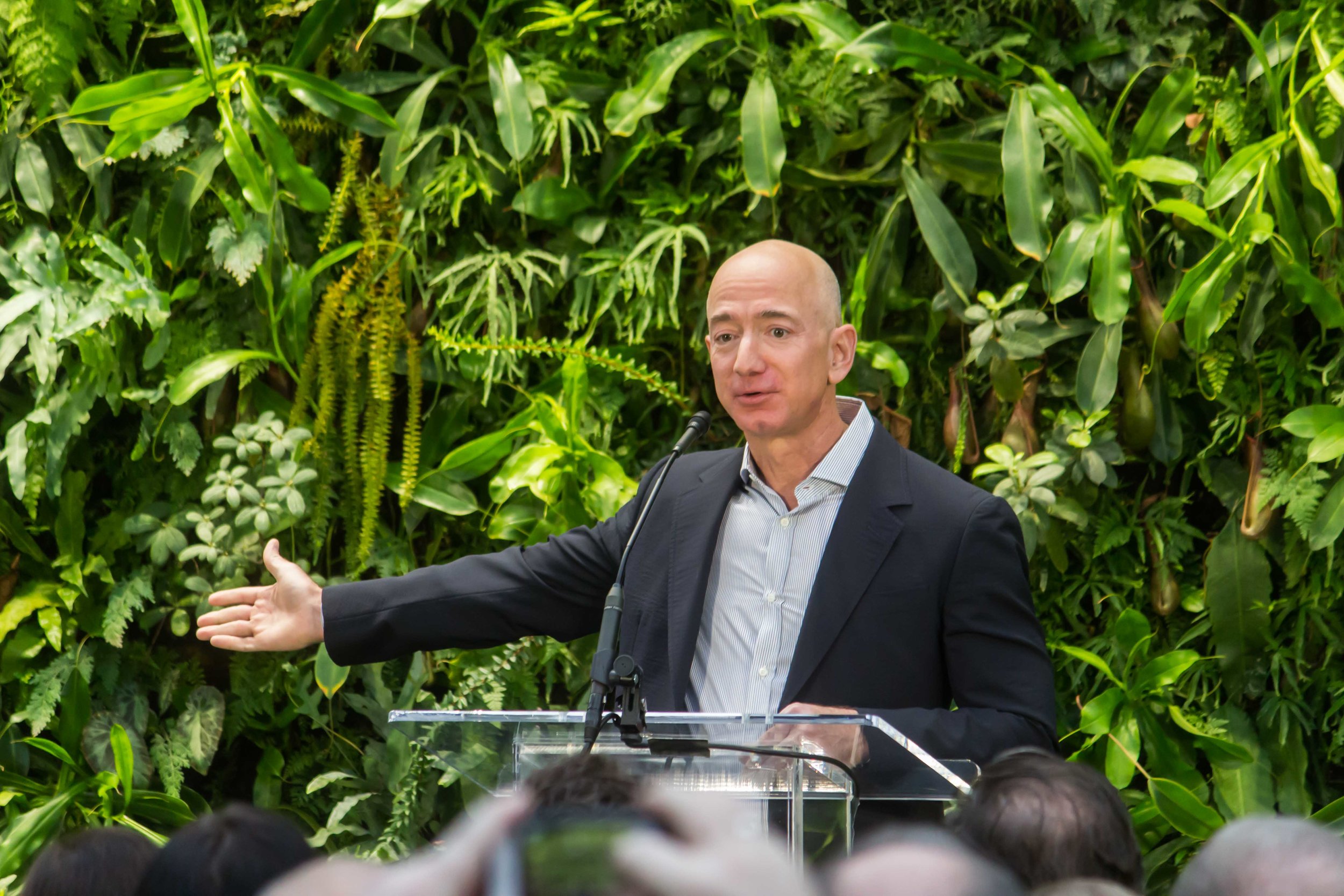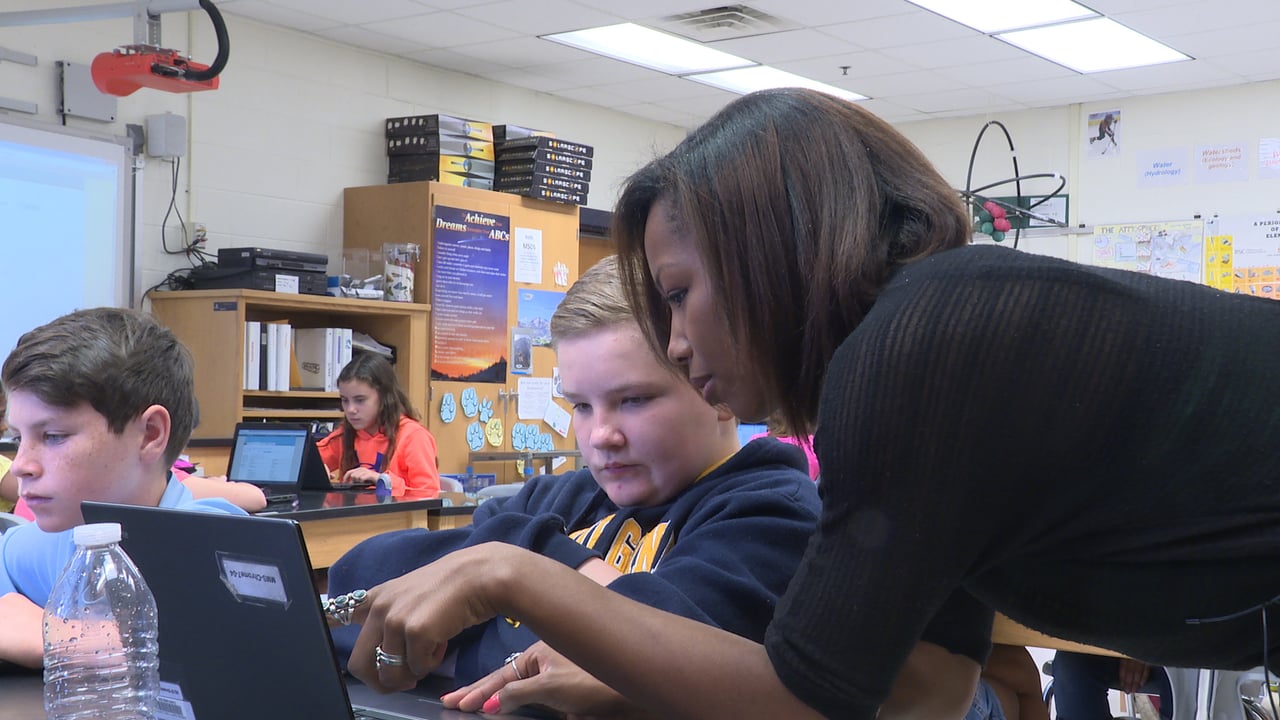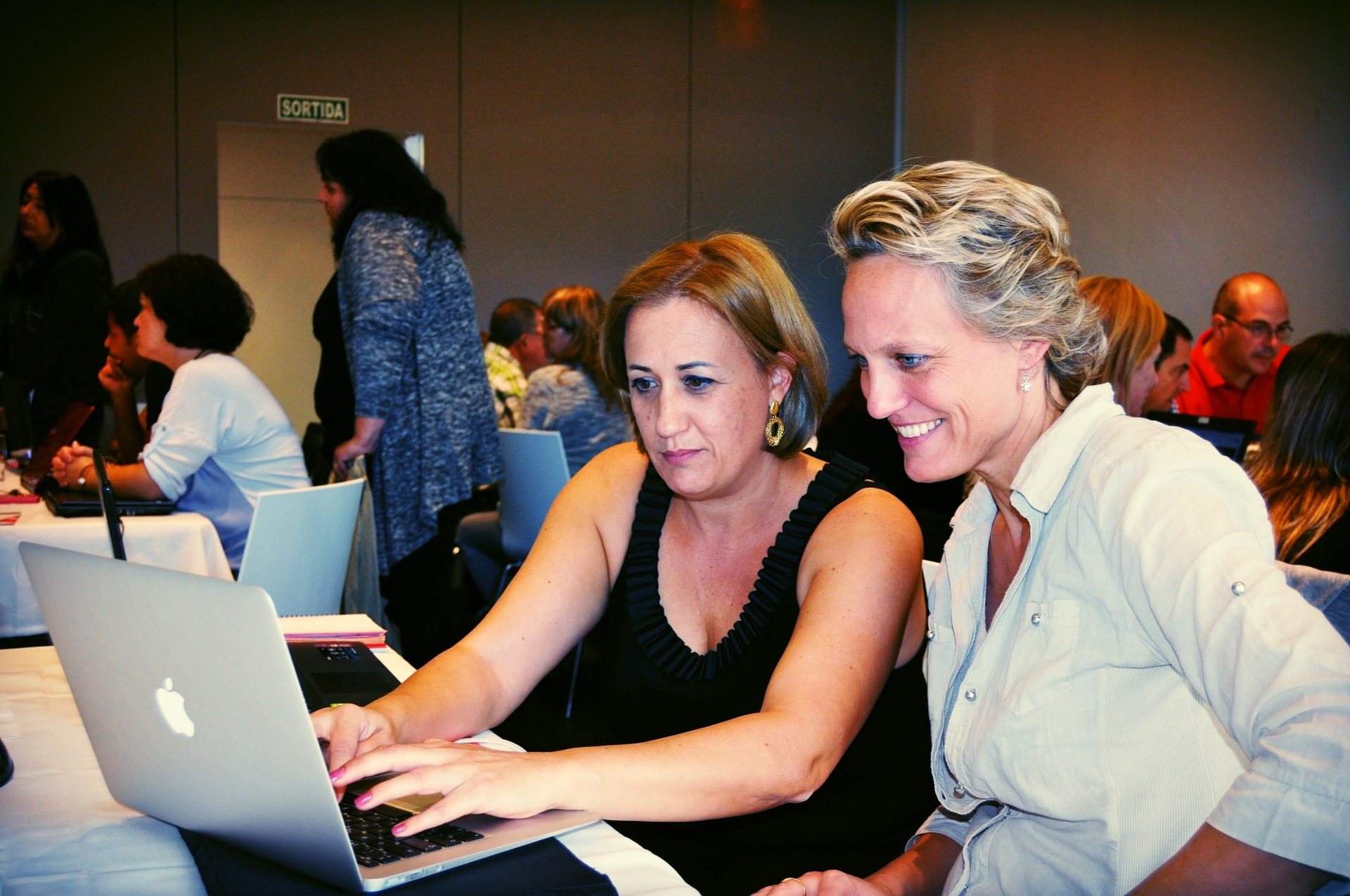The closer students get to the university level, the less motivated they are to learn, according to Gallup. Why is the intrinsic motivation to learn lost?
Photo: Bigstock
In a poll conducted by Gallup, fifth-grade students reported having a 74% engagement in school, while those in twelve-grade reported a 34 % of participation. What is making students lose 40% of their motivation?
One of the reasons why could be the learning approach used in schools: if teachers offer rewards for students to learn during the evaluation process, they became less motivated in the long run. What eventually happens is that students do it for the grade, not the learning itself.
According to Gallup, the approach should aim to inspire an intrinsic motivation to learn but, how? Some schools are betting on personalized learning to motivate students. One example is the Metropolitan Regional Career and Technical Center (MET) in Providence, Rhode Island.
MET is a high school that promotes independent learning while students are supported by advisors or through internships that let them accumulate credits toward traditional subject areas by doing special projects, self-directed study, and dual enrollment with local colleges.
Students use hands-on and problem-solving learning, participate in projects that can be shown off in their portfolios and set their own academic goals so they can invest their interest in the learning process instead of a reward.
Moreover, one of the critical factors behind how MET keeps students motivated is their assessment process. Instead of traditional grades, the high school focuses on making students reflect on what they are learning so they can develop a quality standard for their projects by asking themselves: “Is this good enough for the real world?”
The school thinks of evaluation as a learning experience by itself, so they use different assessment tools to determine a student’s progress like exhibitions, digital portfolios, narratives, and transcripts that are presented to an exhibition panel.
This exhibition panel includes everyone involved in the student’s life: family, peers, and mentors, making students more motivated to do a good job.
Since a young age, students are being told what to learn, which can make students unsure of their interests, impacting not only their motivation but their future. An individual learning plan that allows them to know what they like and want as well as set quality criteria for their work can profoundly impact them and keep them motivated for the rest of their life.
This article from Observatory of the Institute for the Future of Education may be shared under the terms of the license CC BY-NC-SA 4.0 
)
)











)
Paulette Delgado
Paulette Delgado
Paulette Delgado